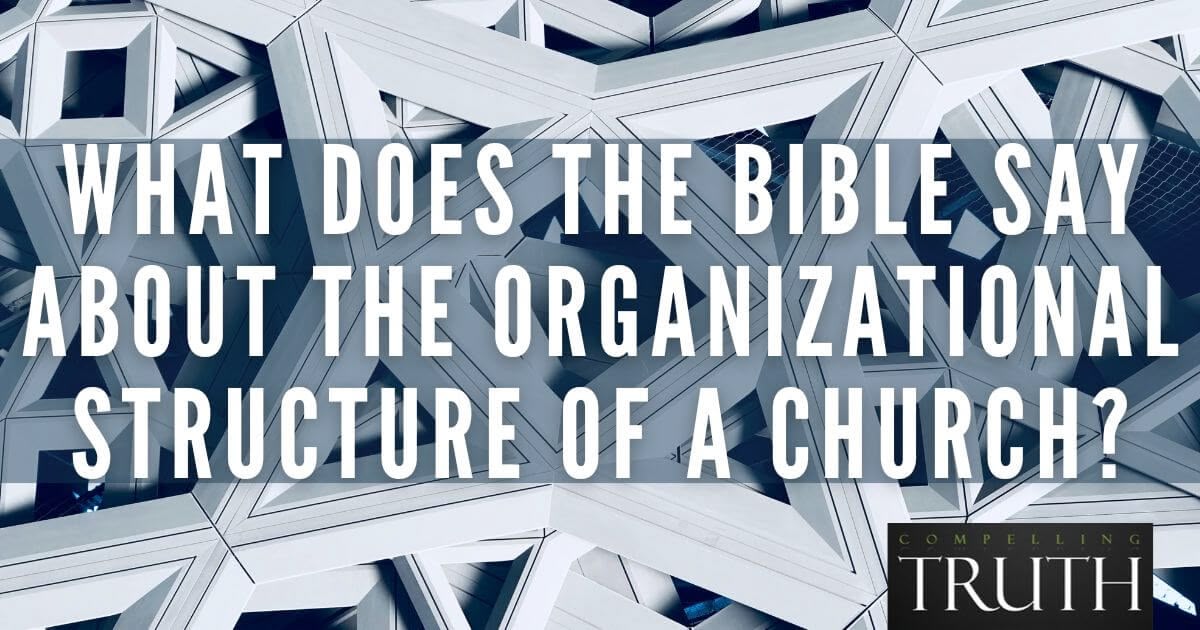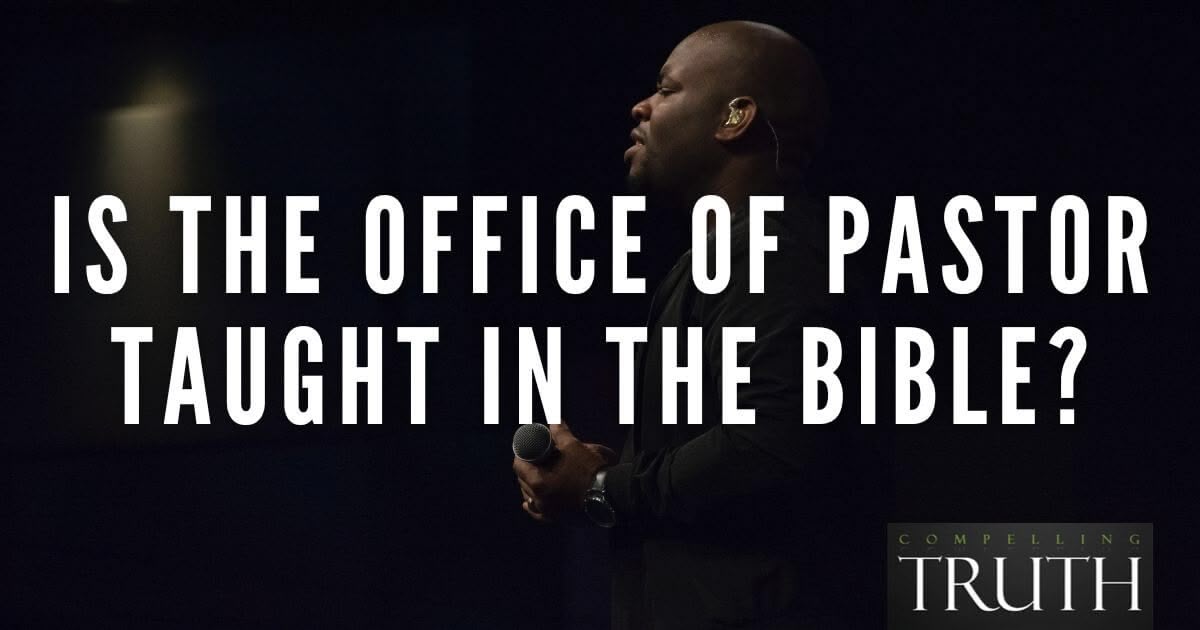Moses was put in charge of the Israelites by God. God spoke to him and Moses passed on what he heard to the rest of the Hebrews. Moses knew God's will, as he wrote in Exodus 18:15–16: "Because the people come to me to inquire of God; when they have a dispute, they come to me and I decide between one person and another, and I make them know the statutes of God and his laws."
This is how it worked. However, it is worth noting that Moses' father-in-law declared this system as "not good" and counseled him to replace it with a tiered system of leadership that gave authority to others, though ultimately led back to Moses (Exodus 18:25–26).
Some churches follow the Moses model (sometimes called the Moses-Aaron leadership style), meaning the pastor speaks for God, teaches the people in the congregation, intercedes for them, and listens to Jesus to lead the church. Some congregations call this the pastor-rule, or elder-rule, style of leadership. On the other end of the spectrum is congregational rule. Today, the Calvary Chapel denomination is usually associated with the Moses model.
In this model, a board of elders is established, but many critics charge that they often answer to the pastor or serve as stamps of approval.
As a model or idea, the Moses model is not wrong, though it does lend itself to autocratic rule. Detractors must take care, however, not to condemn every church leader using the Moses model as some work well and other models are also susceptible to abuse of power.
Additional criticism focuses on the Moses model as an Old Testament system that applied to civil rule rather than a New Testament system of church leadership. Any adoption of Old Testament systems requires careful scrutiny, though Moses' leadership offers wise counsel to study.
Conversely, the New Testament does offer clear direction for pastors or elders of a church: "Shepherd the flock of God that is among you, exercising oversight, not under compulsion, but willingly, as God would have you; not for shameful gain, but eagerly; not domineering over those in your charge, but being examples to the flock. And when the chief Shepherd appears, you will receive the unfading crown of glory" (1 Peter 5:2–4). Jesus, the chief Shepherd, overseas pastors who serve their congregations.
This is how it worked. However, it is worth noting that Moses' father-in-law declared this system as "not good" and counseled him to replace it with a tiered system of leadership that gave authority to others, though ultimately led back to Moses (Exodus 18:25–26).
Some churches follow the Moses model (sometimes called the Moses-Aaron leadership style), meaning the pastor speaks for God, teaches the people in the congregation, intercedes for them, and listens to Jesus to lead the church. Some congregations call this the pastor-rule, or elder-rule, style of leadership. On the other end of the spectrum is congregational rule. Today, the Calvary Chapel denomination is usually associated with the Moses model.
In this model, a board of elders is established, but many critics charge that they often answer to the pastor or serve as stamps of approval.
As a model or idea, the Moses model is not wrong, though it does lend itself to autocratic rule. Detractors must take care, however, not to condemn every church leader using the Moses model as some work well and other models are also susceptible to abuse of power.
Additional criticism focuses on the Moses model as an Old Testament system that applied to civil rule rather than a New Testament system of church leadership. Any adoption of Old Testament systems requires careful scrutiny, though Moses' leadership offers wise counsel to study.
Conversely, the New Testament does offer clear direction for pastors or elders of a church: "Shepherd the flock of God that is among you, exercising oversight, not under compulsion, but willingly, as God would have you; not for shameful gain, but eagerly; not domineering over those in your charge, but being examples to the flock. And when the chief Shepherd appears, you will receive the unfading crown of glory" (1 Peter 5:2–4). Jesus, the chief Shepherd, overseas pastors who serve their congregations.



